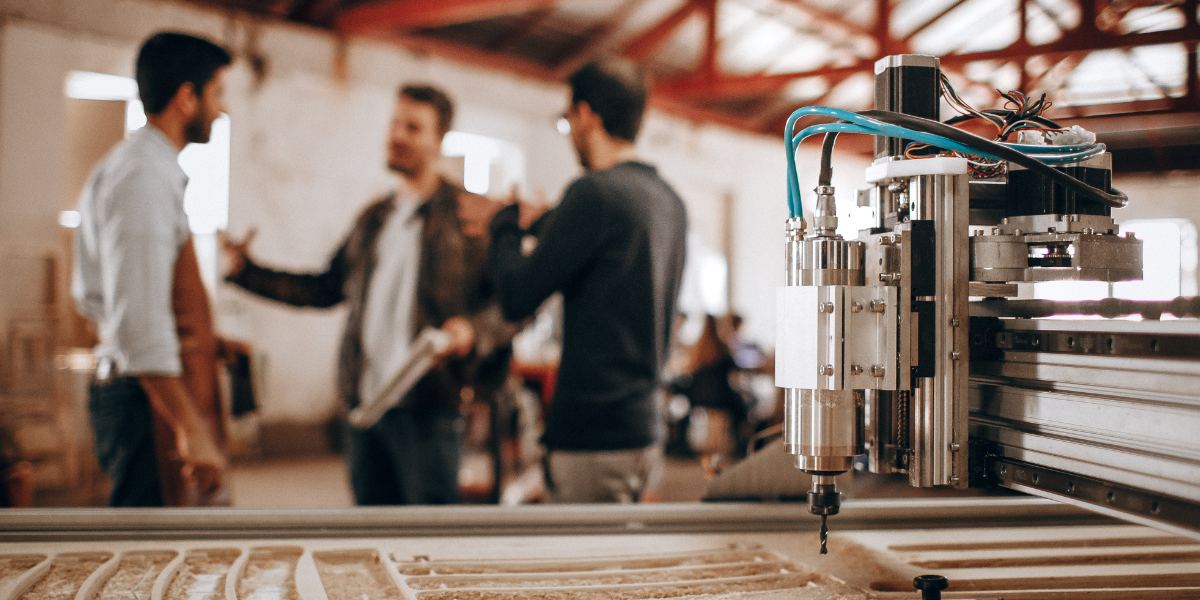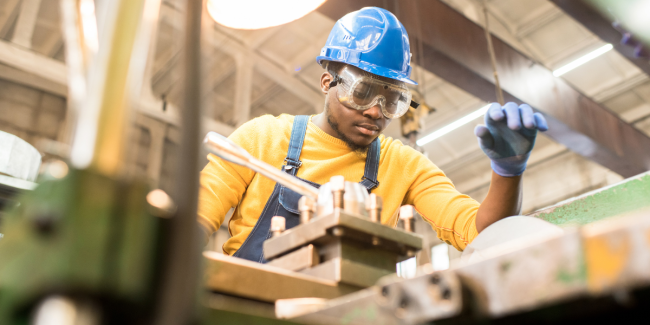
Does Your Product Scale? A Guide to Product Scalability & Scalable Manufacturing
When a new product works beautifully in the lab or during pilot runs, it feels like you’re on the right track. The design is solid, performance looks great, and the early numbers make sense. But the real test comes later: can you make the leap from a few small batches to steady, large-scale operations? That’s the true measure of product scalability, and it’s an issue that separates successful launches from costly disappointments.
At IntoCeramics, we’ve worked with plenty of manufacturers who learned the hard way that scaling is not automatic. A design may look promising at the bench, but when it’s handed over to production, throughput, consistency, and cost per unit become the real challenges. Planning for scalable manufacturing from the very beginning is what keeps a promising idea from stalling when demand grows.
What Product Scalability Really Means
Product scalability isn’t only about making more units. It’s about reproducing success reliably at higher volumes without sacrificing quality, efficiency, or profitability. For ceramic and mineral-based products, scalability often comes down to how well the process absorbs variation: raw material sources, particle size distributions, kiln cycles, or extrusion pressures. Each of these factors can magnify small flaws once the numbers scale up.
When scalability is overlooked, manufacturers run headfirst into problems during scaling production processes. For instance:
- A glaze that looks perfect in test runs may blister when applied at higher line speeds.
- A body mix that holds up under a single press may crack or warp when output triples.
- A firing cycle that looks predictable at a few hundred units can drift out of spec when thousands run back-to-back.
The essence of product scalability is repeatability. Without it, every added unit increases risk.
Scalable Manufacturing Starts with the Right Questions
The foundation of scalable manufacturing is asking tough questions early…long before the first large customer order hits the schedule. These questions focus on more than capacity; they target process integrity:
- Can your supply chain handle higher volumes without introducing inconsistent raw materials?
- What happens to product tolerances when cycle times are shortened to meet demand?
- Are inspection and testing protocols designed to keep up as output increases?
- Do you have the right automation or tooling in place to prevent bottlenecks?
By framing decisions around scaling production processes, you avoid building in weak links. A plant designed only for pilot output often buckles under full-scale conditions. The companies that succeed are those that plan for scalability in materials, equipment, and workforce from day one.
Scaling Production Processes Without Compromise
The temptation during scaling production processes is to push existing assets harder. Equipment runs longer, crews take fewer breaks, and quality control is asked to work miracles. While this approach might cover short-term spikes, it rarely supports long-term growth.
True product scalability usually requires adaptation. That can mean new tooling, better automation, or different raw material handling strategies. For example:
- Switching to larger batch mixers to stabilize product homogeneity.
- Adding inline inspection systems to maintain quality at higher speeds.
- Adjusting kiln profiles to account for thermal mass when load sizes increase.
Our experience shows that companies that embrace scalable manufacturing proactively are more likely to deliver on time and on budget. Those that treat scaling as an afterthought often deal with higher scrap rates, equipment failures, or downtime.

Balancing Cost, Quality, and Speed
The real balancing act in product scalability lies between cost, quality, and speed. Increase throughput too aggressively and you risk quality failures. Invest heavily in new systems without planning and you may overshoot costs. Go too slow and the market moves on without you.
This is where scalable manufacturing shines. By building in process control, automation, and supply chain resilience early, you give yourself room to adjust without breaking the system. The goal isn’t only to make more…it’s to make more at a stable cost and consistent quality.
And make no mistake, scaling production processes is rarely linear. Doubling output does not mean doubling complexity; in most cases, complexity rises far faster. Careful design and foresight are what keep that complexity manageable.
A Practical Roadmap to Scalability
Manufacturers who succeed with product scalability usually follow a roadmap:
- Start with material consistency. Secure reliable sources, define specifications tightly, and audit suppliers often.
- Stress-test the process. Push small-scale operations to their limits to expose hidden weaknesses.
- Plan equipment upgrades. Expect that some assets will not scale gracefully; budget for replacements or retrofits.
- Design quality checks for speed. If testing can’t keep up with production, defects slip through.
- Invest in training. People remain central to scalable manufacturing. New systems and processes require skilled operators.
These steps don’t guarantee smooth growth, but they dramatically reduce the risk of breakdowns during scaling production processes.
Work with IntoCeramics on Scalable Manufacturing
When manufacturers take scalable manufacturing seriously, they build systems that can adapt to demand surges and market shifts. And when scaling production processes is approached as a deliberate, planned effort, the result is predictable growth instead of costly firefighting.
At IntoCeramics, we help manufacturers ask the right questions before the first big order arrives. From manufacturing consulting to toll manufacturing solutions, ceramics manufacturing, and research & development, our team has the hands-on experience to guide you through the pitfalls of scaling. The goal is simple: make sure your product not only works today but can be produced tomorrow, next quarter, and years down the line.
IntoCeramics has more than 70 years of combined experience in ceramics, mineral processing, plant operations, and manufacturing leadership. If you’re facing challenges with product scalability or need help preparing for scalable manufacturing, contact us today to learn how we can support your growth.
